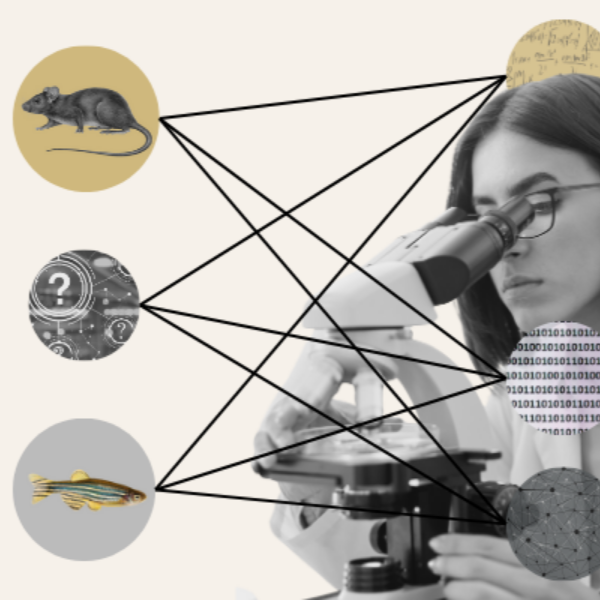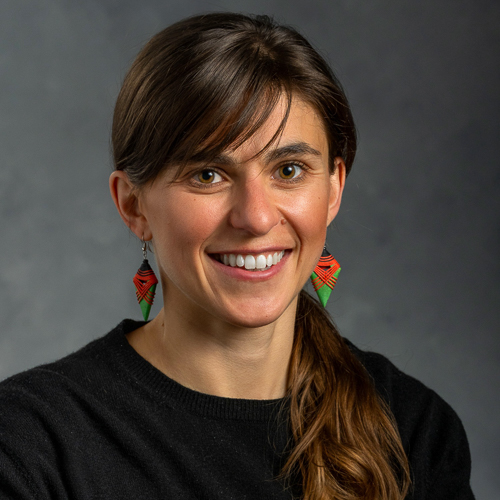Speaking Up for Conservation
Clutching my suitcase, I shuttled with the other passengers, some donning traditional Kenyan clothing and others with comical safari hats, into the little plane for the final eight-hour flight. I had been traveling for close to twelve hours, I should have been tired, but my heart pumped as I boarded for this flight headed to Nairobi.
For the majority of my time at Michigan State University, I have been mentored under Dr. Meredith Gore. With Dr. Gore, I have studied the gendered implications of wildlife crime, specifically within urban wildmeat trafficking in the Democratic Republic of Congo. It is within this space that I developed a passion for women's empowerment and conservation criminology, an intersection warranting intersectionality at its core. Dr. Gore and I had analyzed market surveys sent to us from a Wildlife Conservation Society (WCS) team stationed in the DRC, and found that the need for gendered analysis within urban wildmeat markets was almost obsolete, despite women holding prominent roles within the industry.
In February 2020, I was fortunate enough to have been selected to present at the Pathways Africa 2020 conference in Limuru, Kenya. I was supported by the College of Natural Science and the Undergraduate Research Office which made this whole trip possible. Pathways Africa "is a part of the Pathways: Human Dimensions of Wildlife Conference and Training. Founded by Prof. Michael J. Manfredo and Prof. Jerry Vaske (Colorado State University), the program is designed to address the myriad issues that arise as people and wildlife struggle to coexist in a sustainable and healthy manner". Reflecting on the diversity of the field, Pathways Africa highlighted the diversity of its patrons and speakers. We resided at the Brakenhurst Conference Center which had a focus on environmental justice and sustainability; we took time for mindfulness activities which are crucial for those in the sometimes devastating field of conservation; and heard from voices that spanned the globe.
Oftentimes in conservation spaces, I am left searching for my face within textbooks or conversation. Black and brown individuals are routinely kept from the table in favor of colonialism and white supremacy. Growing recognition of BIPOC voices within the conservation sector is necessary if radical and sustainable change is to persist. My chance to present my research at such a conference helped cement my belief that I belong within this field, and it also made me realize how far we still need to go. Conservation is not single shaded, and giving the space for marginalized voices to have traction and tangible action is necessary if we are to make any notion of intersectional change.



